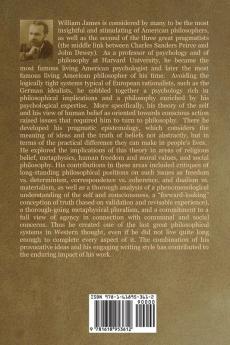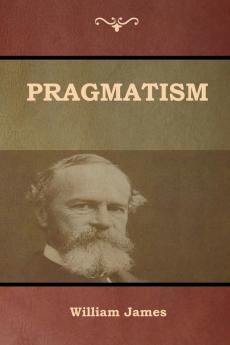English
Paperback
₹1631
(All inclusive*)
Delivery Options
Please enter pincode to check delivery time.
*COD & Shipping Charges may apply on certain items.
Review final details at checkout.
Looking to place a bulk order? SUBMIT DETAILS
About The Book
Description
Author
Pragmatism was a philosophical tradition that originated in the United States around 1870. The most important of the classical pragmatists were Charles Sanders Peirce (1839-1914) William James (1842-1910) and John Dewey (1859-1952). The influence of pragmatism declined during the first two thirds of the twentieth century but it has undergone a revival since the 1970s with philosophers being increasingly willing to use the writings and ideas of the classical pragmatists and also a number of thinkers such as Richard Rorty Hilary Putnam and Robert Brandom developing philosophical views that represent later stages of the pragmatist tradition. The core of pragmatism was the pragmatist maxim a rule for clarifying the contents of hypotheses by tracing their practical consequences. In the work of Peirce and James the most influential application of the pragmatist maxim was to the concept of truth. But the pragmatists have also tended to share a distinctive epistemological outlook a fallibilist anti-Cartesian approach to the norms that govern inquiry.For much of the twentieth century pragmatism was largely in eclipse. Few philosophers were familiar with the works of classical pragmatists such as Charles Sanders Pierce and William James and pragmatist ideas were not at the centre of debate. John Dewey who had been a dominant philosophical figure in the 1920s was no longer a central figure. Analytical philosophers and their students had a central role in philosophy. It was not until the 1970s that interest in the writings of the Pragmatists became widespread and pragmatist ideas were recognized as able to make a major contribution to philosophy
Delivery Options
Please enter pincode to check delivery time.
*COD & Shipping Charges may apply on certain items.
Review final details at checkout.
Details
ISBN 13
9781618953612
Publication Date
-06-08-2018
Pages
-142
Weight
-203 grams
Dimensions
-152x229x8.4 mm











